In the feudal dynasty system of China for more than two thousand years, the emperors of the past dynasties will continue to improve the country’s bureaucratic political system based on the actual conditions of their country and the rich experience of their predecessors. Among them, the internal and external dynasty system created by Emperor Wu of the Han Dynasty is the most famous . Until now, there are still many historians doing research on this new bureaucratic political system.
What is the internal and external dynasty system? The inner dynasty is a bureaucratic group dominated by the emperor’s cronies and guests, whose main function is to discuss and decide on national affairs; the outer dynasty is a political group composed of Jiuqing headed by the prime minister and other officials.
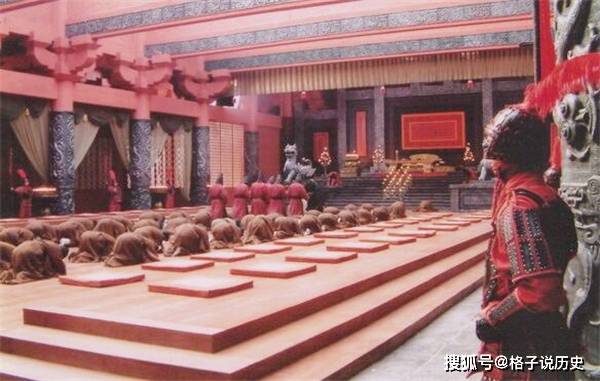
Many people have doubts about this. Emperor Wu of the Han Dynasty has never before made an article on the centralization of management of the central government. Most of them follow the predecessor’s concept of governing the country. The bureaucratic political system is mostly inherited, and there are few drastic reforms. So what made Emperor Wu of Han to sharpen his sword to the political system?
1. What is the background of the birth of the “Internal and External Dynasties”?
There are only two backgrounds: the local level and the central level. Firstly Local level Looking back on the background, I have to mention Liu Bang, who founded the Han Dynasty. At the beginning of the establishment of the Han Dynasty, the national situation was unstable. In order to consolidate his emperor’s rights and further achieve the goal of unification, Liu Bang had to formulate a system of enfeoffment of kings of different surnames according to local conditions.
However, as the Han Dynasty was destined to be stable, the royal family’s power gradually concentrated, and the princes and kings who were independent from the central jurisdiction became Liu Bang’s heart disease. How could anyone snoring on the couch, Liu Bang and Lu Hou resorted to tough methods to dismantle the powers in the hands of the princes and kings one by one, and sealed all the disintegrated forces to Liu’s clan.
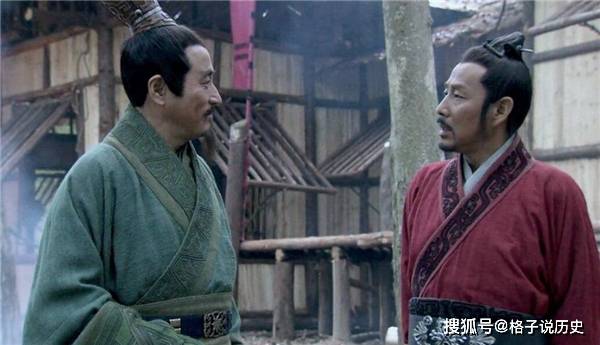
Obviously, Liu Bang’s behavior did not convince the public, especially the repeated killing of the founders of the country, which was too dark. I thought that the formation of a monopoly centralization would allow me to sit back and relax, but I don’t know that this is actually laying the groundwork for the chaos of the country. The war has never stopped and has not improved, especially in the period of Emperor Jing, Chao Cuo’s policy of cutting the vassal vassal is the chief culprit that directly caused the Wu and Chu Seven Kingdoms Rebellion. Once everyone unites against the central government, the central government is bound to fall into a disadvantage.
The practice of unloading the moss and killing the donkey has existed in all dynasties, but it was particularly difficult in the period of Emperor Jing, and even nearly ruined the Liu family in the end. And it is precisely such painful lessons and consequences that have become a knife that hangs on the heads of the centralized powers of later generations.
Life is difficult at the local level, and the consequences of the system are huge, and the same is true at the central level. The Han inherited the Qin system was the original bureaucratic system and administrative operation system of the Han Dynasty. What is the Qin system? During the Qin Dynasty, the state established a mechanism for the prime minister to be the head of a hundred officials in the administrative operation system. This sentence was also born during this period. The prime minister has made decisions in all major sections of the country. Rights and suggestions.
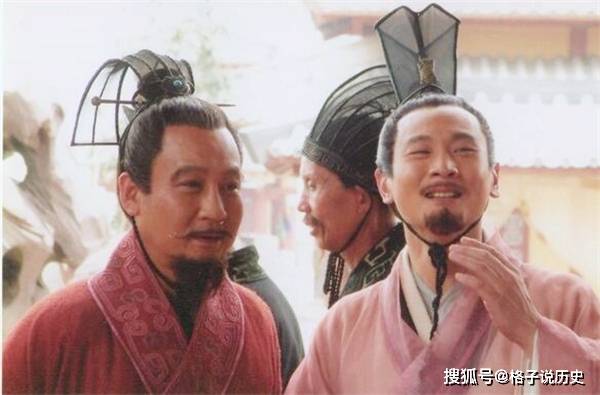
Compared with the emperor’s role in steering the country, the prime minister seems to have greater power. The emperor can provide a direction, but the prime minister knows the specific operations and implementation steps best. In fact, this kind of operating mechanism seems to be no big problem nowadays. After all, everyone knows that a person’s energy is limited, and it is almost a idiot to be able to deal with all things big and small in the country. However, this is only from the perspective of modern people and analysis based on the modern state system.
In ancient times, as this mechanism runs for longer and longer, the emperor’s psychology will gradually become unbalanced. For no other reason, the emperor will think that the power in his hands is too scattered. If the prime minister and himself are like-minded people, it’s okay, but If it is a person who always disagrees with him, the emperor should be disheartened.
Before Emperor Wu of the Han Dynasty, the world was governed by the emperor, princes, and ministers. This did not fundamentally form the ideal vision of the emperor’s centralization of power.
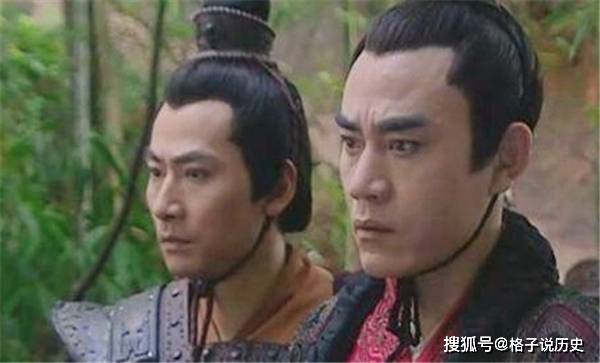
Monopoly of power is the goal of every emperor, and one word is the life creed advocated by the emperor. Under these two political backgrounds, Emperor Wu of the Han Dynasty had to make changes. Once he caught the crux, he would naturally prescribe the right medicine.
2. The power contest between the emperor and the prime minister
From a background point of view, it seems that it is not enough to completely make Emperor Wu of the Han Dynasty determined to start with the fundamental political system. So what makes him determined to carry out reforms? The emperor and the prime minister competed for power.
As I said before, at the central level, the central figure in the bureaucracy is not the emperor but the prime minister, who is the head of a hundred officials. The prime minister has very important decision-making powers and advice powers on all matters of the DPRK and China. People’s desire for rights is endless, and the existence of a dominant family and no natural enemy has caused many prime ministers to gradually lose their minds and become slaves under power.

It is hard to imagine that the original emperor was the leader of a country and gradually became a follower led by the prime minister. The prime minister’s absolute power reached its peak at the end of the Spring and Autumn Period. Examples of “three divisions of Jin” and “Tian’s generation of Qi” can be said to be everywhere. The doctors of the princes not only regard the prime minister as the leader, but also the strength can replace the emperor.
Usually the prime minister is the one who decides the life and death of ministers. The ancestral system of the early Han Dynasty stipulates that the prime minister has the direct power to appoint officials of the central capital and county officials under 400 shi, and has decisive recommendations for important ministers from 600 shi to 2,000 shi. right. Such an ancestral rule directly weakened the emperor’s power from the source, and directly assigned the power to the prime minister.
The dominance of a family is far more terrifying than the appearance of a treacherous villain around the emperor. For example, during the period of Emperor Han Jing, because Prime Minister Zhou Yafu disagreed with the suggestion to the queen’s brother Wang Envouhou, Emperor Han Jing not only dared not scold Zhou Yafu, but even obeyed.
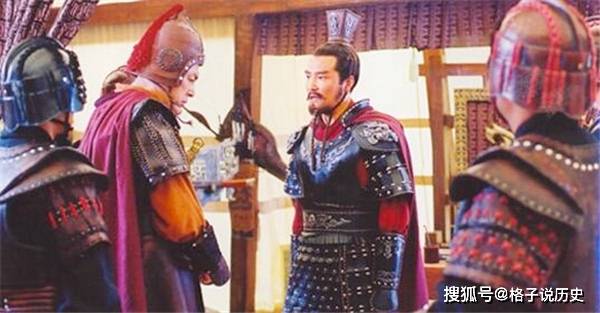
If the prime minister’s heart is right, it’s all about being the country and capable, but if the prime minister’s heart is not right, the emperor will be bad luck. And Emperor Wu of the Han is the emperor who has fallen in bad luck. What do you say?
The prime minister of the Han Dynasty Emperor Wu Tian could be regarded as one of the most famous prime ministers in Chinese history. Tian Yu freely recommended officials with more than two thousand stone, and if Emperor Wu of the Han Dynasty wanted to retain some of his optimistic officials, he had to discuss with Tian Yu. Comparing things, many people’s first reaction is “Who is the emperor? Who is the head of this country?”
Emperor Wu of the Han Dynasty was not an emperor who had to obey, how could his talents be buried by the prime minister of a country. Strengthening the centralization of power and firmly grasping the power in his own hands is the most important lesson Tian Fu taught Han Wudi’s political career by his own death behavior.

Third, the internal and external dynasty system
Since reforms are to be carried out, all factors affecting the concentration of imperial power must be uprooted. Thus, Emperor Wu of the Han Dynasty thoroughly established a new bureaucratic political system. The reason why the prime minister’s family is dominant is because there is no power to contend with it, and there is no mirror of the opposite. Under this situation, the prime minister’s original intention is easy to deviate. In order to change this situation, Emperor Wu of the Han Dynasty independently established an Inner Dynasty on this basis. In this way, the arbitrariness of the prime minister was restrained.
Inner court officials mainly include these three types of officials: the close ministers around the emperor are usually people who serve the emperor and are trusted by the emperor. The emperor gives them greater rights than ever before. ; Shaofu officials, originally Shaofu was the department in charge of the emperor’s food, clothing, housing, transportation, and Shang Shuling, a member of Shaofu, was originally only a person who managed memorials and documents for the emperor. The emergence of internal and external dynasty systems directly allowed Shaofu departments to participate in major decision-making. The leader of the political organization of China has been given the absolute real power to handle government affairs and cashier memorials; the emperor’s henchman, this need not be explained, naturally has the right to participate in central decision-making.
From the composition of the officials in the inner dynasty, we can find a very intuitive problem. The fate of these people has been firmly tied to the emperor. They have become a clear emperor faction and have been labeled as emperor. And the rights they have are clearly directed against the real power of the prime minister.
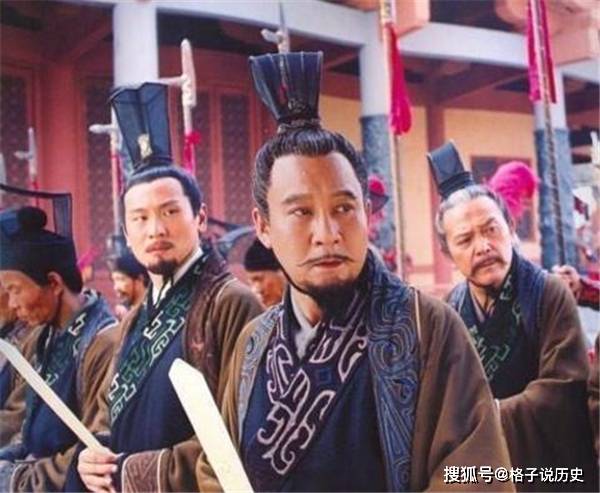
I have to say that with the emergence of this new bureaucratic management system, Emperor Wu of the Han Dynasty became a direct beneficiary. Since then, Emperor Wu of the Han Dynasty adopted a Tweet Order politically and brought salt iron and coinage rights to the central government; ideologically banned hundreds of schools and respected Confucianism; established a supervision system for talent city selection; militaryly merged North Korea and South Korea. Major achievements such as Baiyue, the Western Expedition to Dawan, and the Northern Breaking of the Huns were all achieved on the basis of the internal and external dynasty systems. It can be said that without the establishment of this system, there is still a long way to go before the Great Han State wants to become famous.
In fact, the situation where the prime minister monopolized power during Emperor Wu of the Han Dynasty and the subsequent reform of the political system were the inevitable results of historical development. Whether it was the establishment of the bureaucratic political system of the internal and external dynasties by Emperor Wu of the Han Dynasty, the establishment of the three-province and six-minister system in the Sui and Tang Dynasties, or the establishment of a privy envoy and three envoys in the Song Dynasty, and the abolition of the prime minister and the establishment of a cabinet in the Ming Dynasty, the imperial power gradually expanded itself. The adjustment of the scope of power is also a process in which local power and the power of ministers gradually converge to imperial power.
However, Emperor Wu of the Han Dynasty really opened the emperor’s exploration of the autocratic monarchy system. He provided a typical case and typical thought for the later emperor, and completely broke the situation where the emperor was led by the prime minister. For this, I believe that later emperors have to thank him. After all, without him, it will take a long time to fully realize the emperor’s words.
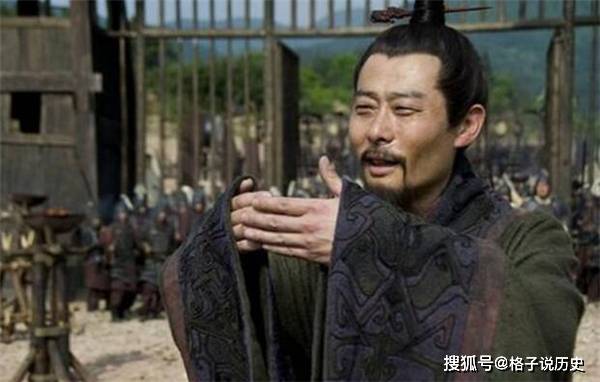
summary:
During Emperor Wu of the Han Dynasty, political reforms directly changed the position of the prime minister from the sweet and pastry that everyone was eager to, to a hot potato, and everyone was in danger. During his 54 years in power, Emperor Wu of the Han Dynasty replaced 12 prime ministers, but only 7 of them survived. In this power contest, Emperor Wu of the Han Dynasty became the ultimate winner, but at the same time this system also laid the roots for the subsequent dictatorship of foreign relatives and eunuchs. Of course, the topic is a bit farther apart. The emergence of the internal and external Korean system is indeed much better than the previous Prime Minister’s words. At least in this period, this system has indeed played the greatest role in the development of the country. effect.
The picture comes from the Internet, if there is any infringement, please contact to delete it!

























































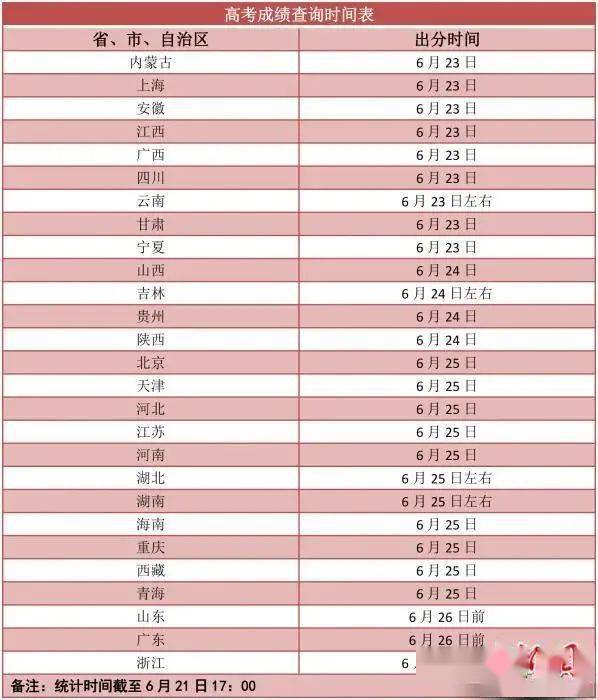



You must log in to post a comment.